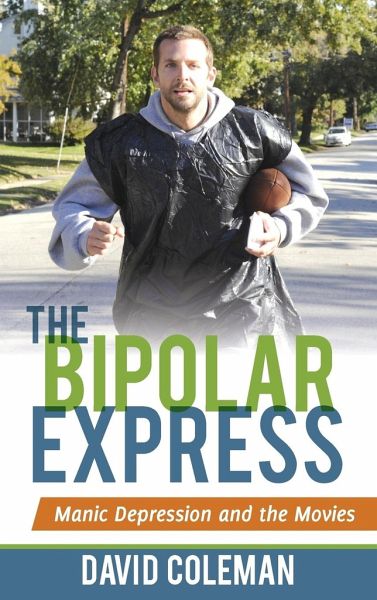
Bipolar Express
Manic Depression and the Movies
Versandkostenfrei!
Versandfertig in 1-2 Wochen
74,99 €
inkl. MwSt.
Weitere Ausgaben:

PAYBACK Punkte
37 °P sammeln!
This book examines the lives and works of famous filmmakers and screen actors through the perspective of bipolar and depressive disorders. The filmmakers discussed in this volume include directors Francis Ford Coppola, Martin Scorsese, Woody Allen, and Tim Burton; as well as actors Carrie Fisher, James Dean, Peter Sellers, and Jim Carrey.














